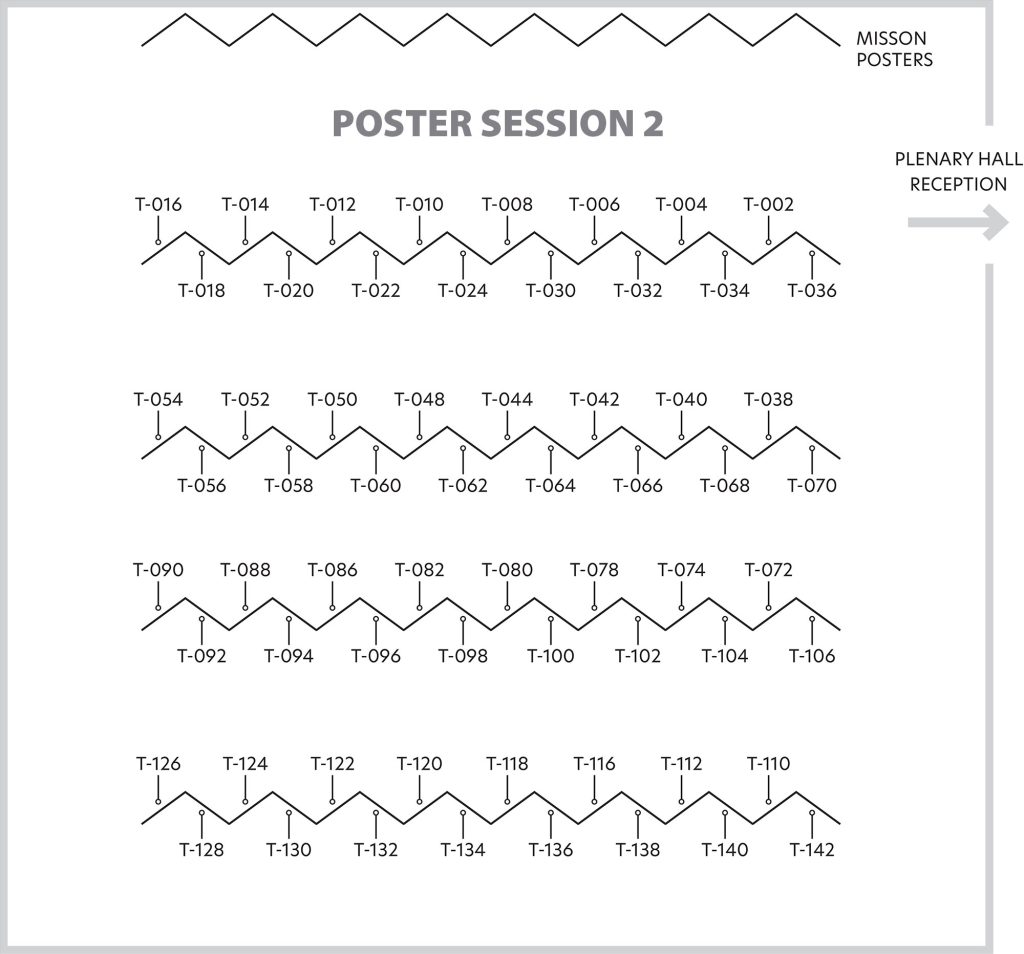POSTER Session 2
Tuesday, October 8
11:10–12:50
Poster Session | 1 | 2 | 3 | 4 | Instructions | Schedule at a Glance
ABSTRACT 892 | POSTER T-090
CHARACTERIZATION OF PHYTOPLANKTON ASSEMBLAGES IN THE WESTERN ARCTIC SEAS BASED ON PIGMENT COMPOSITION AND PHYTOPLANKTON LIGHT ABSORPTION SPECTRA
Climate-related environmental change can lead to alterations in the composition of Arctic phytoplankton communities. Such changes can be assessed through the study of phytoplankton size classes (PSCs) derived from optical measurements, extending the spatiotemporal scales of observations of phytoplankton community response to environmental change and subsequent impacts on biogeochemical cycling. Most optically-based approaches to study PSCs have been developed using observations from temperate and low latitudes and have yet to be evaluated in the Arctic. In this study we utilize concurrent measurements of phytoplankton pigment concentrations and light absorption spectra of phytoplankton (aph) collected during cruises in the Chukchi and Beaufort Seas to develop an optically-based approach to distinguish PSCs. Pigment concentrations were used to conduct a diagnostic pigment analysis and define PSCs wherein the dominant cell diameter D is associated with pico-(D<2µm), nano-(D=2-20µm), and microphytoplankton (D>20µm). Analysis of aph associated with each PSC revealed significant differences between micro- and non-micro-dominated samples. Relatively simple aph parameters, for example the blue-to-red and blue-to-green band ratios, were investigated and used as a basis of classification schemes which classified phytoplankton assemblages into micro- or non-micro-dominated groups at a success rate of at least 70%. The results suggest that simple aph parameters can be exploited in optically-based approaches that use in situ or ocean color remote sensing observations to identify micro-dominated vs. non-micro-dominated Arctic phytoplankton assemblages. Application of this approach to various multispectral ocean color satellite missions can help monitor potential long-term climate-related shifts between micro- and non-micro-dominated phytoplankton communities in the Arctic.
*Anjali Narayanan, Scripps Institution of Oceanography, University of California San Diego, USA, https://orcid.org/0000-0002-3688-574X
Rick A. Reynolds, Scripps Institution of Oceanography, University of California San Diego, USA, https://orcid.org/0000-0002-1579-3600
Dariusz Stramski, Scripps Institution of Oceanography, University of California San Diego, USA, https://orcid.org/0000-0002-8518-072X
Poster Session | 1 | 2 | 3 | 4 |
Instructions | Schedule at a Glance
Questions?
Contact Jenny Ramarui,
Conference Coordinator,
at [email protected]
or (1) 301-251-7708

